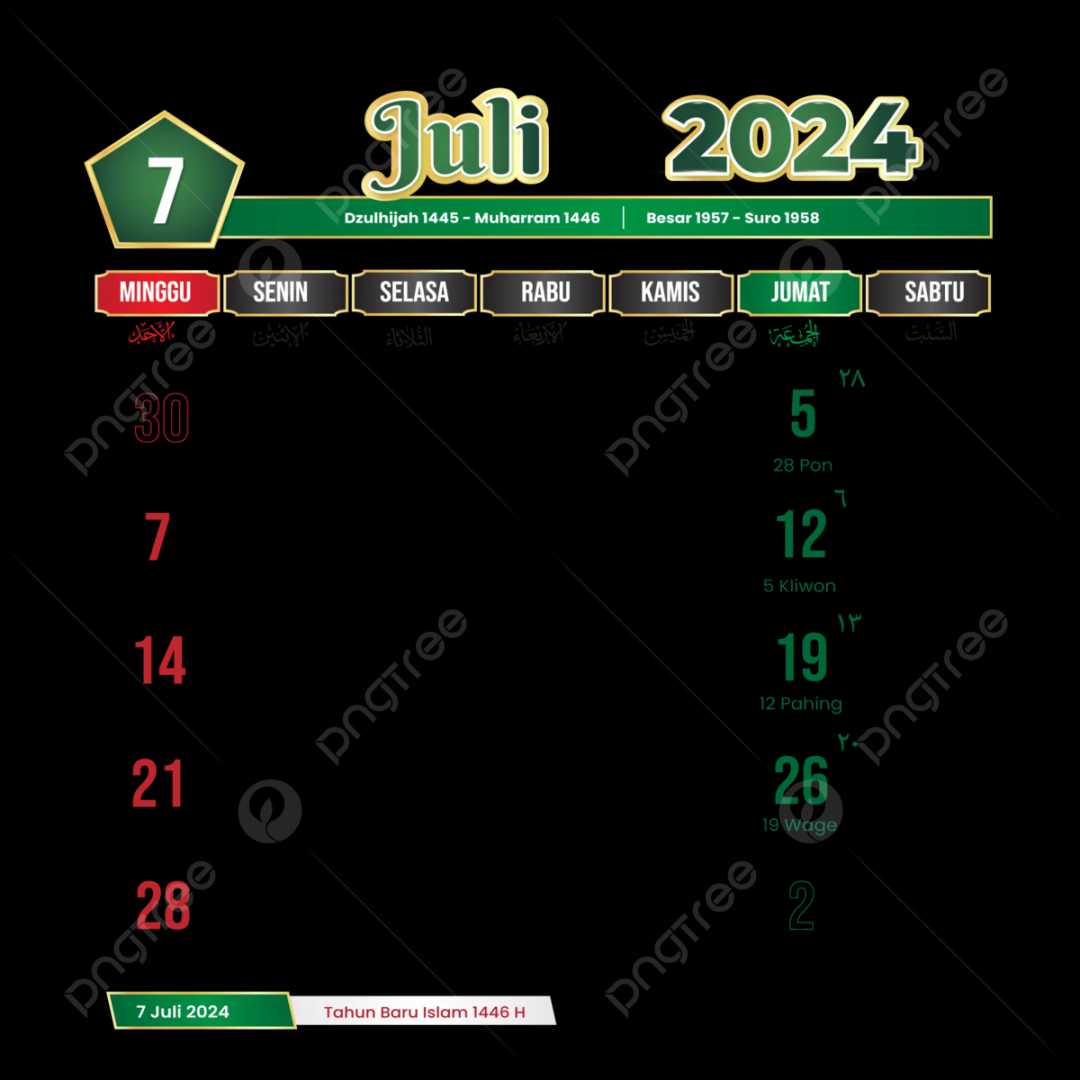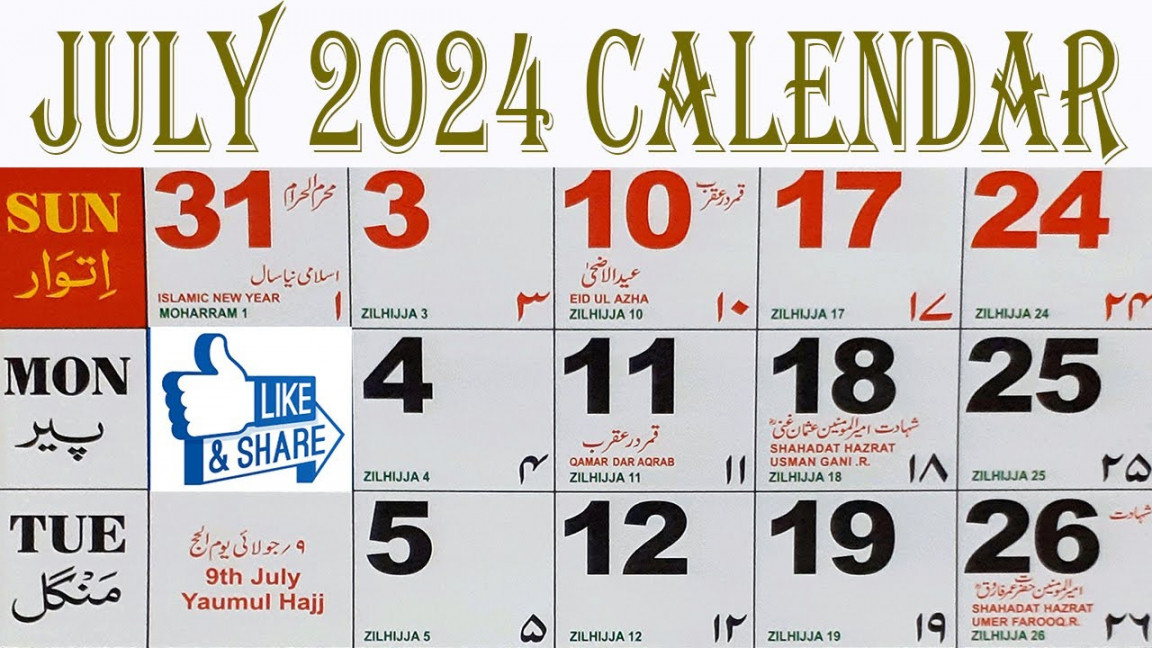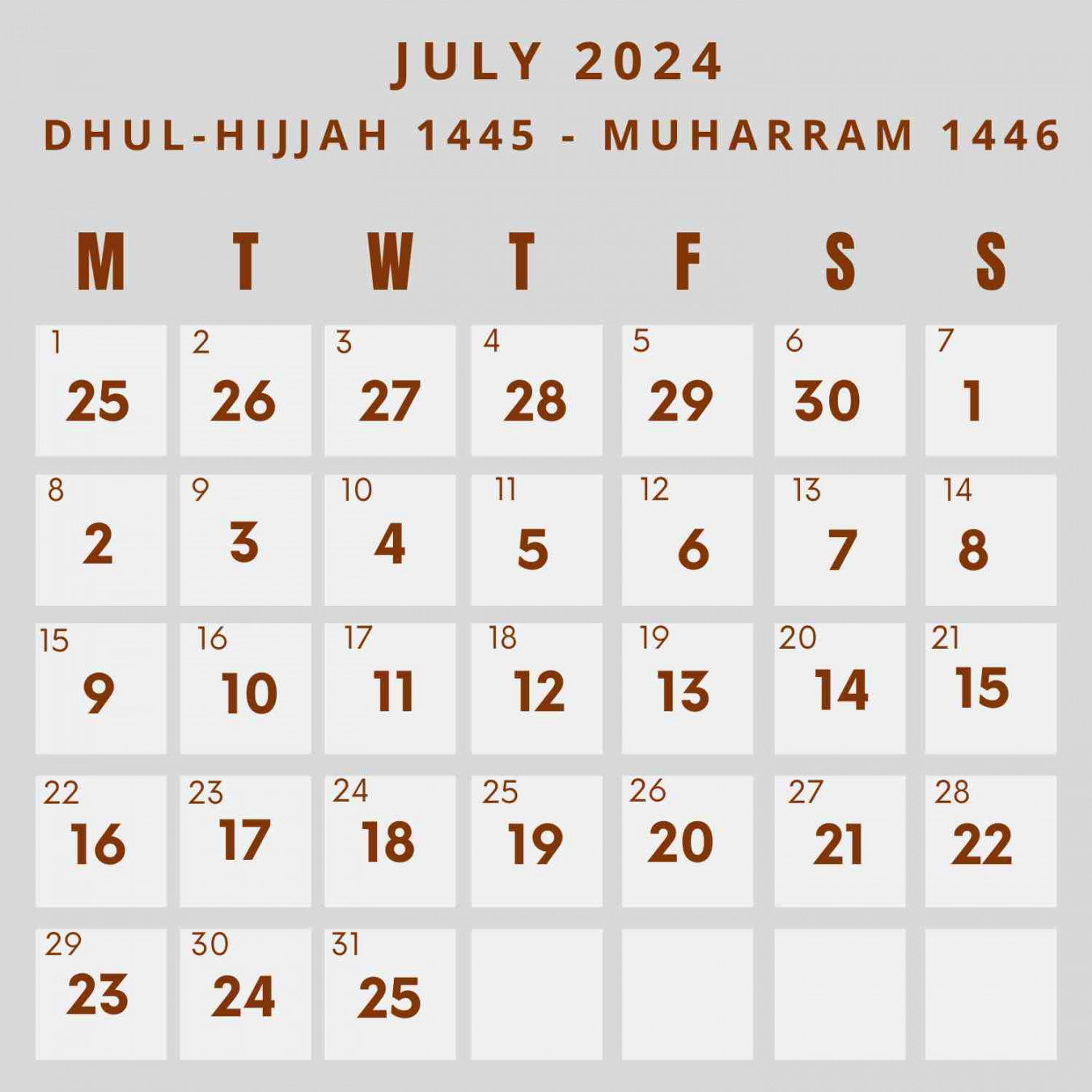An early Easter, late Passover: Here’s how the Moon is messing with holidays
Those celebrating religious holidays such as Easter, Passover, Ramadan and Holi, may notice celebrations are a little off-schedule in 2024.
For one, the Christian holiday Easter lands on March 31, this year — almost a week and a half earlier than last year’s Resurrection Sunday. It also marks the first time in eight years the occasion hasn’t been celebrated in April, according to the U.S Census Bureau.
The Jewish community is experiencing the opposite phenomenon — with Passover getting an especially late start on April 22, 2024 — over two weeks later than the 2023 celebration and a week later than in 2022.
But why?
According to the Farmers’ Almanac, both Easter and Passover follow a schedule that aligns with the phases of the Moon and the Sun’s position in the sky, known as the lunisolar calendar. The Farmers’ Almanac refers to these holidays as “movable feasts.”
Each holiday has its own set of rules, and the first full moon of spring, the Paschal Full Moon, determines them.
The Hindu holiday, Holi, is also based on a lunisolar calendar, and will see a significantly later celebration date in 2024 as well — starting on March 25 — over three weeks later than in 2023, and a week later than in 2022.
As opposed to lunisolar calendars, which aim to remain synchronous with both the solar year and phases of the Moon, lunar calendars usually start each month with a new moon of the first visible crescent moon after the new moon.
A lunar year is about 354 days composed of 12 lunar months and measures the time it takes the Moon to pass through its phases. A lunar month is about 29.5 days long — creating a one-year lag between solar and lunar calendars every 33 years, according to Al Jazeera.
Though still determined by phases of the Moon, the Muslim holiday Ramadan, is based on a lunar calendar. This year, Ramadan began on March 10, and ends April 9 — nearly two weeks earlier than in 2023.
Jersey City students who received scholarship support from a Catholic Tuition Assistance Program showed their gratitude by sending handmade Easter cards, 2023.
When is Easter — the Gregorian calendar
Easter is the Christian celebration of the resurrection of Jesus Christ.
Western practicing Christians always celebrate Easter the first Sunday after the first full moon of spring.
It occurs shortly after the first day of spring, otherwise known as the vernal equinox. The earliest it can ever occur is March 22, and the latest is April 25, according to the Farmer’s Almanac.
This year, the Paschal Full Moon lands on Monday, March 25 — hence the 2024, Sunday, March 31, celebration date.
If the first spring full moon falls on a Sunday, Easter is celebrated the following Sunday.
The last time Easter landed on March 31, was in 2013, according to the U.S Census Bureau, and the next time Easter will land on this date is over a half of century from now — in 2086 and again in 2097.
When are Christian holidays in 2024?

Epiphany – Sunday, Jan. 7Good Friday – Friday, March 29Easter – Sunday, March 31
Rabbi Eric Lakatos leads as celebrants take part in a Passover Seder put on by the Tikvat Yisrael Messianic Synagogue, 2023. David Petkiewicz/cleveland.comDavid Petkiewicz, cleveland.com
When is Passover and other Jewish holidays — Hebrew calendar
Passover, or Pesach in Hebrew, commemorates the slavery of the Israelites in Egypt and their ultimate exodus to freedom.
According to the California-based Peninsula Jewish Community Center, this story of redemption from slavery is the “master-story,” of the Jewish people and has shaped Jewish consciousness and values.
It is celebrated for seven or eight days because, although Jews left Egypt on the first day of Passover, they were pursued by Egyptians until the parting of the Red Sea, which occurred seven days later, according to Chabad.org.
In 2024, Passover starts at nightfall on April 22, and ends on April, 29 or 30.
A waxing crescent moon shines down as in Mechanicsburg, Pa., 2020. Mark Pynes | [email protected]
Every month follows the phases of the Moon and every year follows the Earth’s orbit around the Sun.
According to Chabad.org, towards the beginning of the Moon’s cycle, it appears as a thin crescent which signals a new Jewish month. It grows until it is full towards the middle of the month, and wanes throughout the month until it is no longer visible.
It is invisible for about two days and once the crescent reappears, the cycle begins again.
Passover celebration dates are usually determined by the 15th of the month of Nisan, which is the first night of a full moon after the spring equinox during the first month of the Jewish calendar.
When are other Jewish holidays in 2024?

First Day of Passover – Monday, April 22Rosh Hashanah – Wednesday, Oct. 2, through Friday, Oct. 4Yom Kippur – Friday, Oct. 11, through Saturday, Oct. 12Hanukkah – Wednesday, Dec. 25, through Thursday, Jan. 2, 2025
Holi celebration in Queens, NY. The Guyanese immigrant community of Indian descent celebrates the Hindu holiday of Holi with the annual Phagwah Parade, 2023. Photo by Andrew Lichtenstein/Corbis via Getty ImagesCorbis via Getty Images
When is Holi and other Hindu holidays — Phalguna calendar
The Hindu holiday Holi, is a celebration which unfolds over the course of two days with two distinct rituals.
The first day, referred to as Holika Dahan or Choti Holi, centers around the preparation and lighting of a bonfire to symbolize the disgarding of negtivity and past transgressions, and will take place on Sunday, March 24.
The following day, Dhuleti, marks the “heart of Holi,” — a festival of colors celebrating the Hindu new year.
It is always celebrated on the evening of the Purnima, or the day of the full moon, during the month Phalguna — the last month of the Hindu calendar, Panchanga.
This year, the “heart of Holi,” festivals will take place on Monday, March 25.
According to Britainnica, Panchanga is based on a year of 12 lunar months — 12 complete cycles of the Moon.
When are Hindu holidays in 2024?

Holi – Sunday, March 24Ugadi or Yugadi, New Year – Tuesday, April 9Diwali – Friday, Nov. 1
Aiyla Naveed, 1, stands around her family members as they pray during Ramadan at their home in Jersey City on Wednesday, March 13, 2024.John J. LaRosa | For NJ Advance
When is Ramadan and other Islamic holidays — Hijri calendar
Ramadan is the ninth month of the Islamic lunar calendar and is widely considered the most important month for the spiritual growth of Muslims, according Tahirah Amatul-Wadud, the executive director and chief legal officer for the Massachusetts chapter of the Council on American-Islamic Relations.
Ramadan is one of the five pillars — or obligations — of Islam, along with a profession of faith, daily prayer, charity and a pilgrimage to Mecca, the birthplace of the Prophet Mohammed, according to an article from The Conversation US.
The starting date for Ramadan is based on the signing of the new crescent moon. This year, the celebration began on March 10 and will end April 9 — nearly two weeks earlier than in 2023.
Islamic religious and cultural practices are based around the lunar calendar, Hijri.
According to Britannica, it is based on a year of 12 months, each month beginning approximately at the same time of the new moon with months alternating between 29 and 30 days with the exception of the twelfth month.
When are Islamic holidays in 2024?
Ramadan – March 10 until April 9Eid al-Adha – Sunday, June 16, until Monday, June 17Ashura, Tuesday, July 16, until Wednesday, July 17